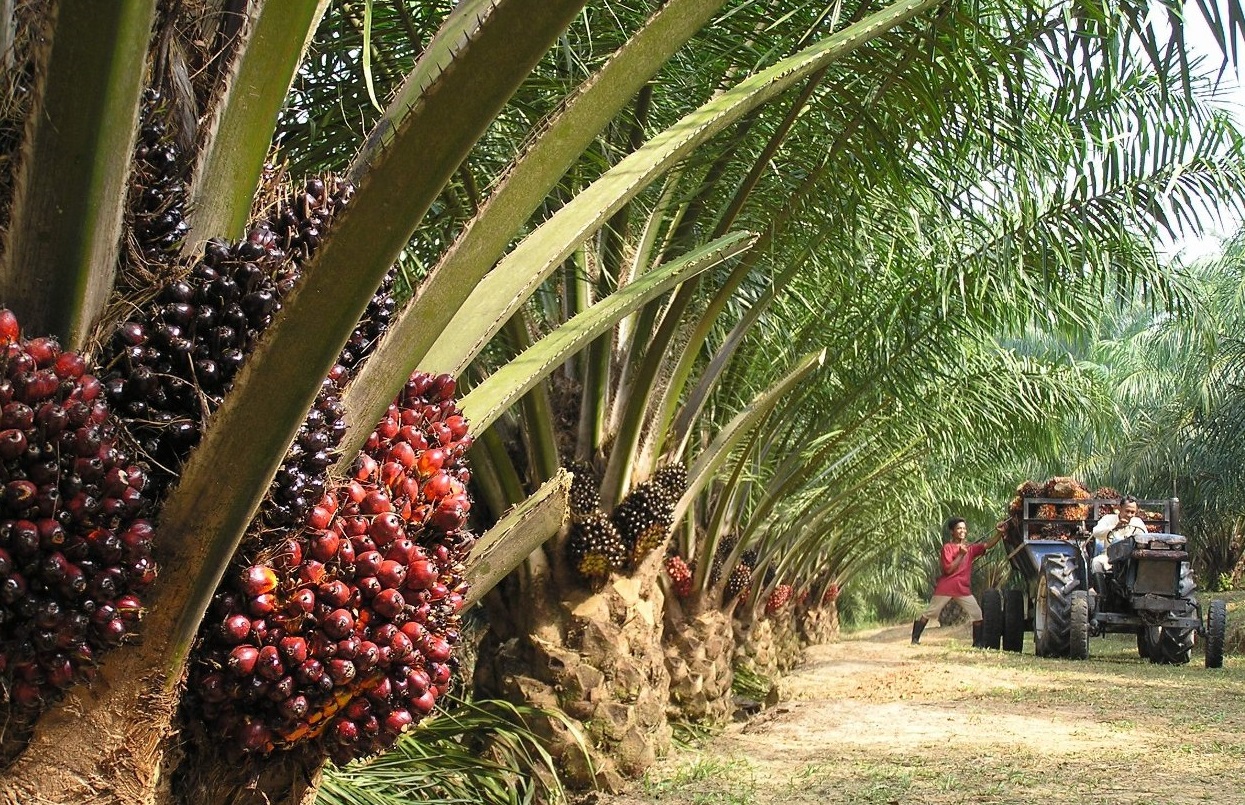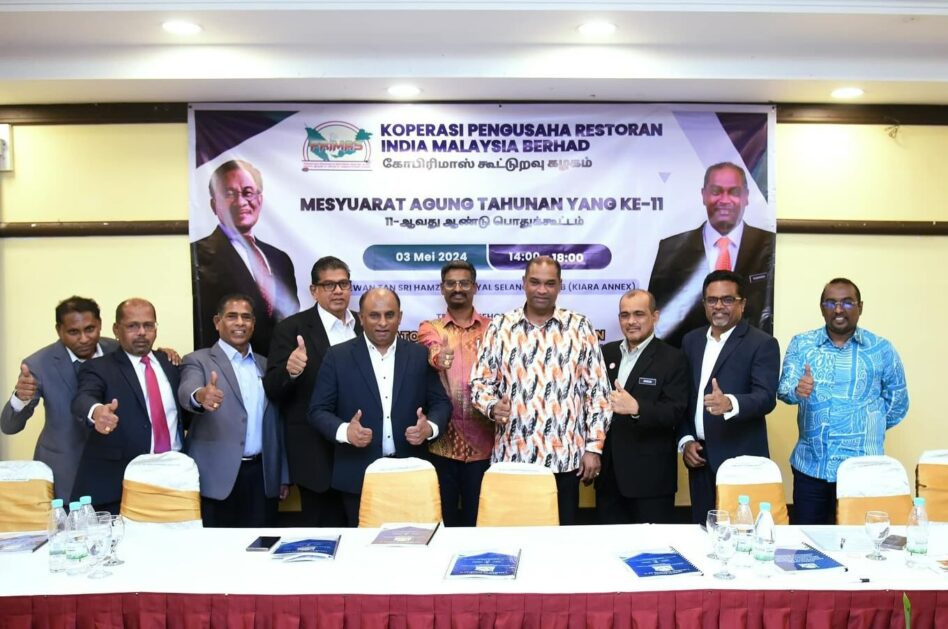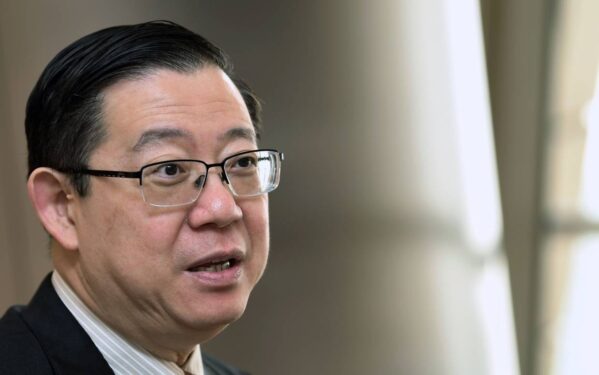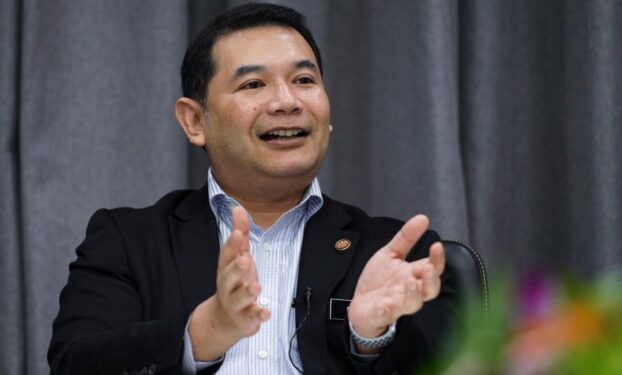THE European Union’s (EU) commissioner for environment and fisheries Virginijus Sinkevičius lauded Malaysia’s significant strides in reducing deforestation levels to an “unprecedented low” in a virtual conference held yesterday (April 24).
Sinkevičius in discussions with Plantation and Commodities Minister Datuk Seri Johari Ghani also commended Malaysia’s commitment to certified sustainable commodity production, particularly highlighting the Malaysian Sustainable Palm Oil (MSPO) certification scheme.
A joint statement released after the meeting noted the continued collaboration between the EU and Malaysia in implementing the forthcoming EU Deforestation-Free Regulation (EUDR) and leveraging the MSPO certification to ensure readiness and assurances for supply chain partners and regulators in the EU.
“The EU and Malaysia will continue to work closely together on the implementation of the forthcoming EUDR and how the MSPO certification provides readiness and assurances for supply chain partners and regulators in the EU,” they said in a statement.
“The EU remains an important market for sustainably produced Malaysian commodities.”
Reuters previously reported the EU as the world’s third-largest palm oil consumer, indicating its significant role in the global palm oil market. Despite a slight decrease in palm oil exports to the EU in recent years, Malaysia remains a key player in this sector.
During the conference, Johari pointed out the pivotal role of the MSPO certification scheme in aligning with EUDR requirements which encompass global sustainability standards such as traceability, deforestation-free practices, legitimate land titles and fair labor practices.
Reaffirming Malaysia’s commitment to sustainability targets and global standards, Sinkevičius welcomed this dedication and assured Johari of the EU’s support for Malaysia’s endeavours.
Sinkevičius further noted EU’s readiness to collaborate with Malaysia to bolster deforestation-free supply chains, ensuring compliance with EUDR requirements. These requirements entail strict traceability obligations and due diligence for companies to eradicate products associated with deforestation and forest degradation from their supply chains.
The joint efforts between Malaysia and the EU aim to maintain positive trade flows uninterrupted while ensuring the legality and sustainability of key commodities. Both parties expressed optimism in continued fruitful cooperation through the joint task force on EUDR established last year.
The EU Deforestation-Free Regulation, covering seven commodities including palm oil and rubber, seeks to combat deforestation and forest degradation, addressing both legal and illegal practices.
Against the backdrop of biodiversity loss, climate change and environmental pollution, Malaysia and the EU share a mutual interest in promoting sustainable development pathways that prioritise environmental conservation.
With deforestation and forest degradation contributing significantly to greenhouse gas emissions and biodiversity loss, Malaysia’s commitment to forest protection and sustainable commodity production remains crucial.
According to the Malaysian Palm Oil Board’s January 2024 report, palm oil exports are projected to grow by 3.3% to 15.60 mil tonnes in 2024 from 15.1 million tonnes in 2023. The export value of palm oil and palm-based products is expected to increase by 4.3% to RM110 bil in 2024 from RM105 bil last year. – April 25, 2024










